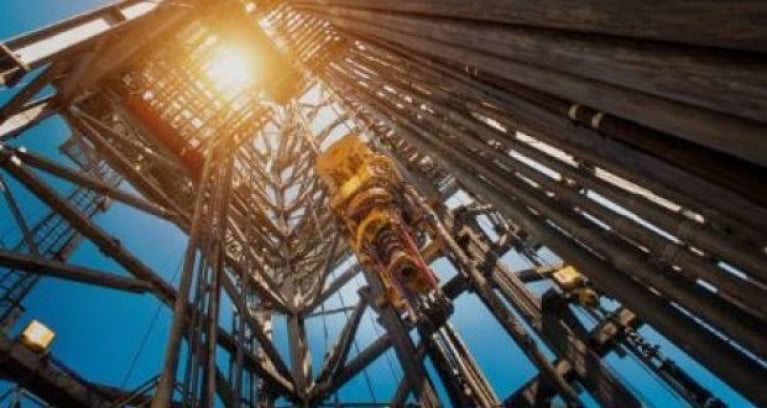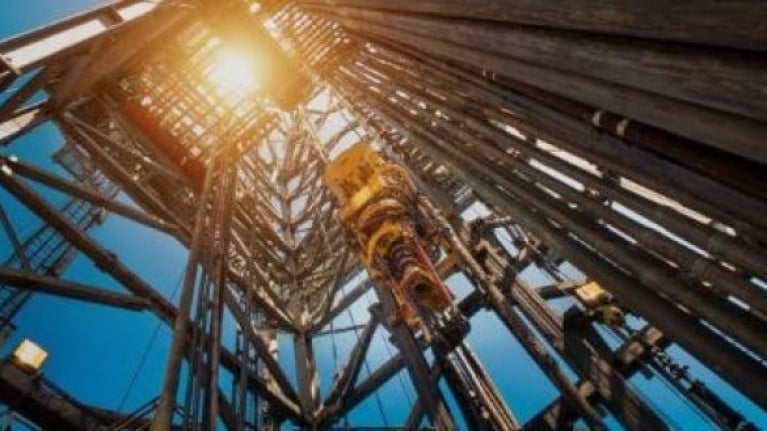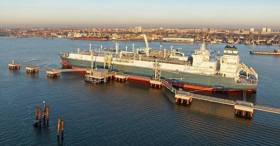Displaying items by tag: Fracked Gas
Government Support for Move on Fracked Gas Likely to Scupper Shannon Estuary Terminal Plan
A new policy statement from the Government will prevent Ireland from importing fracked gas, which is likely to scupper moves to build a liquefied natural gas (LNG) terminal in the Shannon estuary.
The statement, drawn up by Minister for the Environment Eamon Ryan, makes clear “it would not be appropriate to permit or proceed with development of any LNG terminals in Ireland, including the Shannon LNG project” pending a review of the security of energy supply for Ireland’s electricity and natural gas systems.
Planning authorities, when assessing any planning application, must have regard to relevant Government policy. A legal ban on the importation of fracked gas cannot be put in place at this time, Mr Ryan said, as doing so would require changes to international rules.
Fracking involves drilling down into the earth and directing a high-pressure mixture of water, chemicals and sand into the rock to release gas, which then flows to the head of a well.
Environmental campaigners previously criticised the Government for not having a ban on fracked gas enshrined in the Climate Action Bill, which is currently going to through the Oireachtas.
More on this story from The Irish Times here.
Fracked Gas: Plans to Import through Cork Harbour Shelved
In Cork the Green Party has welcomed confirmation that plans to import fracked gas into Ireland from the United States through the Port of Cork have been scrapped.
Green Party member of Cork City Council, Cllr Oliver Moran said Minister for the Environment Eamon Ryan confirmed the proposal to import liquefied natural gas obtained through fracking has been scrapped.
“Ireland banned fracking in 2017. The support from across Cork city and county in opposing the importing of fracked gas through Cork after that has been tremendous so this news is very welcome,” he said
“The message is very clear – Cork does not welcome fracked gas. We know we have to make the transition to a low carbon economy but fracking and all of its effects have no place in that. Not here, not anywhere.”
More from The Irish Times here.
Fracked Gas: Petition Against Plans to Import from US to Cork Harbour
A plan to store fracked gas in Cork could be illegal a Cork TD has claimed.
It comes as more than 2,000 signatures writes EchoLive.ie, have been gathered on an online petition opposing the potential Cork Liquified Natural Gas (LNG) terminal.
If it goes ahead, fracked gas from the United States would be imported into Cork harbour.
In 2017 a Memorandum of Understanding was signed by the Port of Cork with US company NextDecade as Afloat previously reported..
It could see an LNG terminal built, using a floating storage and regasification unit.
An online petition was created by the group ‘Not Here Not Anywhere’ who are a grassroots campaign against drilling for oil and gas off the Irish coasts and the development of any new fossil fuel infrastructure in Ireland.
For more click here
































































